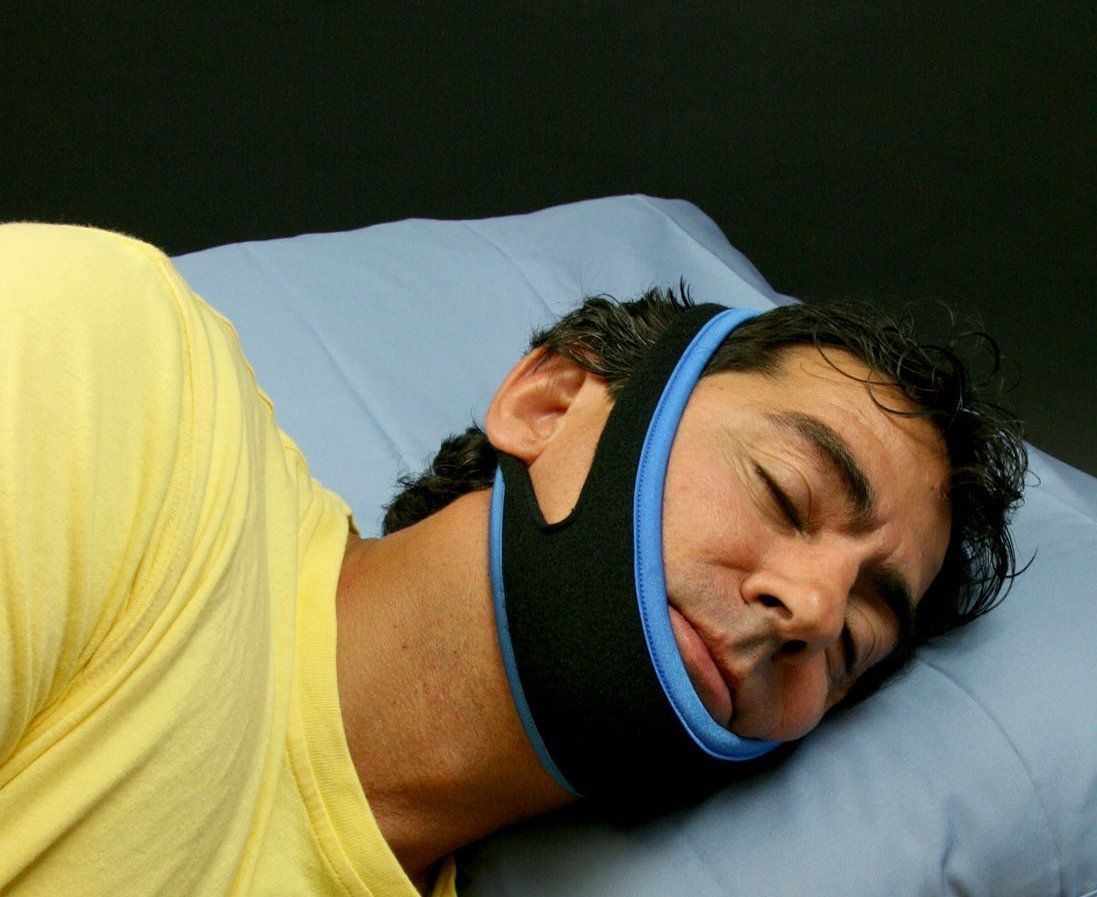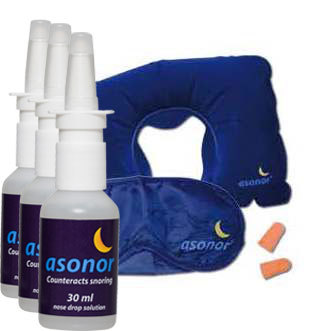Are you restless during sleep at night? Do you often wake up at night due to bad dreams or have difficulty in falling asleep? Are you anxious before you sleep? There are a variety of issues that can hamper proper and restful sleep at night, apart from snoring.
According to University of Arizona clinical professor of medicine and dream specialist, Rubin Naiman, PhD, the two key components of good sleep quality are non-REM and REM sleep. Unfortunately, sleep-tracking technology cannot measure rapid eye movement or REM sleep. This is the stage most closely associated with dreaming. As a result, we can’t always rely on device data because it only provides an incomplete picture of the quality of sleep we’re actually getting.
Naiman went on to say that years of data research suggests that “as a culture, we are at least as dream-deprived as we are sleep-deprived.” As it turns out, this can be a problem. In a comprehensive review of data that Naiman published in the “Annals of the New York Academy of Sciences”, he concludes that dream loss may be at the root of sleep loss-related health concerns. These concerns include compromised memory as well as the correlation between anxiety and depression.
Do Dreams affect Your Sleep Quality?
It has long been recognized that dreaming is a key component of healthier sleep. In turn, cognitive function and our emotional health are attributed to good quality sleep. Furthermore, studies have shown that dreams are linked to effective thinking, emotional processing, and memory. Consequently, many sleep experts believe that dreaming is either a contributor to or a reflection of a person’s quality of sleep. However, no two dreams are alike, and while some may have a positive impact, others will adversely affect the quality of sleep a person gets. In most cases, if you have anxiety or nightmares are an oft occurrences, you would wake up many times during the night. That hampers the quality of your sleep and can create hazard for your sleep schedule.
What do Healthy Nights of Dreaming entail?
Most individuals maintain better health with 8 hours of sleep every night. According to Harvard Medical School assistant professor of psychology, Deirdre Barrett, PhD, during that time, we rotate between periods of non-REM and REM sleep. We fall into REM sleep roughly 90 minutes after periods of deep and light sleep. Furthermore, each ensuing REM period last longer than the prior one. It should also be noted that few if any dreams occur at the beginning of our sleep cycle. As a result, most of our dreams along with our REM sleep occur in the latter part of our sleep cycle.
What do Our Dream Experiences tell Us about Our Quality of Sleep?
So once again, the question arises. “Do dreams affect your sleep quality?” While it’s true that some individuals feel a subjective association with their dreaming, others see their dreams as a negative thing that prevented them from getting a good night’s rest (“I didn’t sleep well because of all the dreams I had”). But, there are some interesting insights that our dreams can provide such as:
- If you never dream, this is most likely the result of sleep deprivation.
- If you remember your dreams, you woke up while you were still dreaming.
- If you start dreaming immediately, it could mean you’re seeing images as you start to fall asleep.
- If you’re dreams are very clear and vivid, it may be because you’re waking up.
- If you’re having nightmares, you may be coping with psychological stress.
Keep in mind that you need to experience good quality sleep if you want to dream well. Get at least 7 or 8 hours of sleep at night and practice the best sleep hygiene possible. Dim your lights within an hour or two before going to bed, maintain normal melatonin levels, and screen out any blue light.
Are Dreaming and Snoring interrelated?
One of the more common myths about dreaming and snoring is that a person cannot dream and snore simultaneously. And while this is an interesting question, it often sparks a considerable amount of curiosity and disagreements. Before debunking any myths or putting the issue to bed once and for all (no pun intended), it’s important to consider the science behind snoring.
First and foremost, snoring typically occurs when airflow through the mouth and nose are partially obstructed during sleep. As a result of this blockage, the surrounding tissues begin vibrating and results in the all-to-familiar snoring sound. Dreams are of the more interesting facets of human sleep that occur during REM sleep. This is characterized by increased brain activity and vivid mental images.
The myth that an individual cannot dream and snore simultaneously is likely derived from the assumption that a person only snores during the non-REM stage of sleep. However, nothing could be further from the truth. Yet people mistakenly believe that dreaming and snoring are mutually exclusive even though research has shown that snoring can occur during non-REM stages as well as REM stages.
Clinical research has provided evidence to debunk this myth. Conditions, such as sleep apnea typically result in chronic, loud snoring as well. If this sounds familiar, you need to have the best anti-snoring device for those epic snoring episodes. Although there are non-invasive and invasive methods to stop snoring. These include chin straps, nasal strips and anti-snoring nasal drops while invasive surgeries for deviated septum, and Uvulopalatopharyngoplasty have been successful in many cases. That is why when you start snoring, it is good to get it evaluated by a doctor.
It’s called Asonor Anti-snoring Spray Solution and it’s been clinically proven effective in 75% of the cases studied. For more information, e-mail your questions to [email protected] or visit our website at your earliest convenience. We are here to help you stop snoring quickly and effectively.







